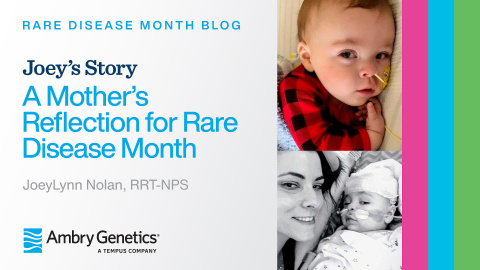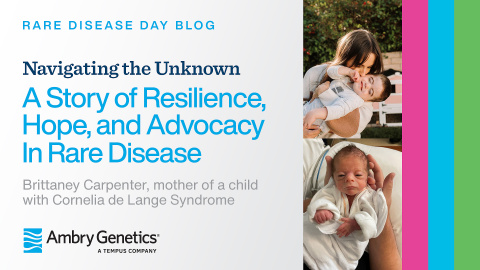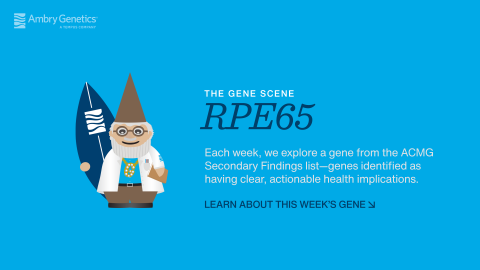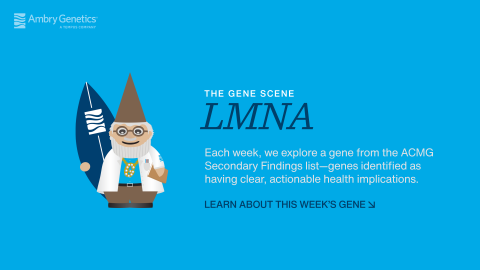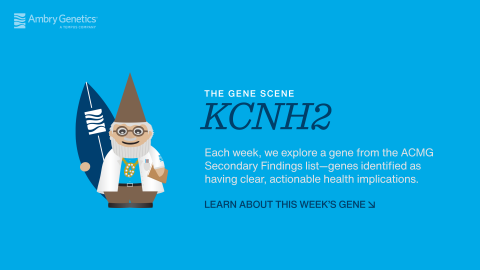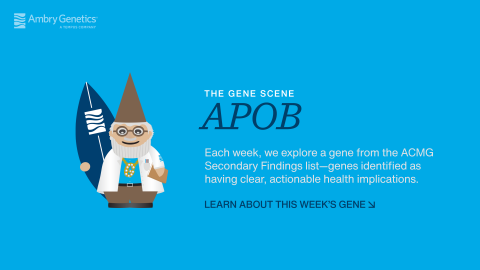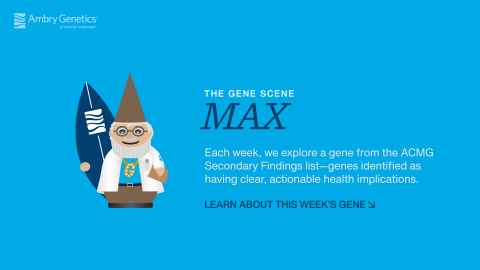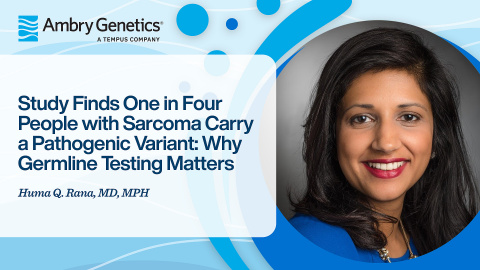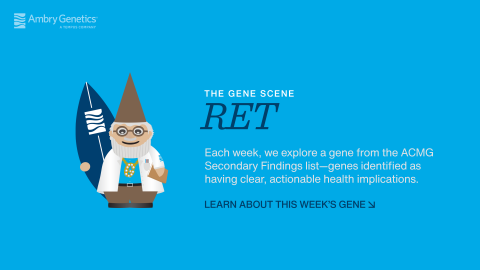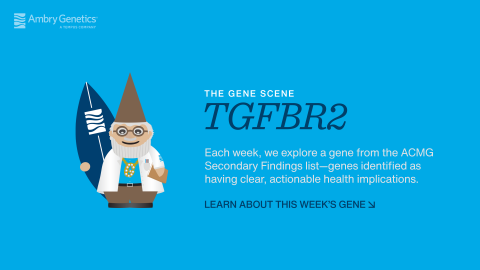- By JoeyLynn Nolan
- Posted February 25, 2026
Joey’s Story: A Mother’s Reflection for Rare Disease Month
Not only during Rare Disease Month, but every day, I think of my son Joey. He was only with us for seven months, but he changed our lives in ways that are hard to put into words. I share his story to honor him, and to help others understand TBC1D24 disorder, a condition so rare that most families don’t hear its name until it becomes…
- By Brittaney Carpenter
- Posted February 18, 2026
Navigating the Unknown: A Story of Resilience, Hope, and Advocacy in Rare Disease
Brittaney Carpenter is the type of woman who does it all and makes it look effortless—small business owner, wife and mother of three, and an accomplished multitasker, managing career, household, kids, a flock of chickens and a dog. She joined us for Rare Disease Month to talk about the birth of her son Emmett and what it was like to learn he…
- By Brooke Sample, MS, CGC
- Posted February 17, 2026
The Gene Scene: RPE65
Welcome to the Gene Scene! Each week, we will explore a gene from the ACMG Secondary Findings list—genes identified by the American College of Medical Genetics and Genomics as having clear, actionable health implications. These genes are included because they’re linked to serious but preventable or manageable conditions when identified early.…
- By Heather Rocha, MS, CGC
- Posted February 10, 2026
The Gene Scene: LMNA
Welcome to the Gene Scene! Each week, we will explore a gene from the ACMG Secondary Findings list—genes identified by the American College of Medical Genetics and Genomics as having clear, actionable health implications. These genes are included because they’re linked to serious but preventable or manageable conditions when identified early.…
- By Libby Couchon, MS, LCGC
- Posted January 27, 2026
The Gene Scene: KCNH2
Welcome to the Gene Scene! Each week, we will explore a gene from the ACMG Secondary Findings list—genes identified by the American College of Medical Genetics and Genomics as having clear, actionable health implications. These genes are included because they’re linked to serious but preventable or manageable conditions when identified early.…
- By Haley Streff, MS, CGC
- Posted January 20, 2026
The Gene Scene: APOB
Welcome to the Gene Scene! Each week, we will explore a gene from the ACMG Secondary Findings list—genes identified by the American College of Medical Genetics and Genomics as having clear, actionable health implications. These genes are included because they’re linked to serious but preventable or manageable conditions when identified early.…
- By Jessica Scott, MGC, CGC
- Posted January 13, 2026
The Gene Scene: MAX
Welcome to the Gene Scene! Each week, we will explore a gene from the ACMG Secondary Findings list—genes identified by the American College of Medical Genetics and Genomics as having clear, actionable health implications. These genes are included because they’re linked to serious but preventable or manageable conditions when identified early.…
- By Huma Q. Rana, MD, MPH
- Posted December 30, 2025
Study Finds One in Four People With Sarcoma Carry a Pathogenic Variant: Why Germline Testing Matters
I am excited to share results of our large case-control study of 488 people with sarcoma and 2,440 matched cancer-free controls. Our study published in the Journal of the National Cancer Institute (JNCI) sought to determine whether germline pathogenic variants (gPVs) were more frequent in people with sarcoma than in cancer-free controls…
- By Katherine Crawford, MS, CGC
- Posted December 30, 2025
The Gene Scene: RET
Welcome to the Gene Scene! Each week, we will explore a gene from the ACMG Secondary Findings list—genes identified by the American College of Medical Genetics and Genomics as having clear, actionable health implications. These genes are included because they’re linked to serious but preventable or manageable conditions when identified early.…
- By Connolly Steigerwald, MS, CGC
- Posted December 23, 2025
The Gene Scene: TGFBR2
Welcome to the Gene Scene! Each week, we will explore a gene from the ACMG Secondary Findings list—genes identified by the American College of Medical Genetics and Genomics as having clear, actionable health implications. These genes are included because they’re linked to serious but preventable or manageable conditions when identified early.…
